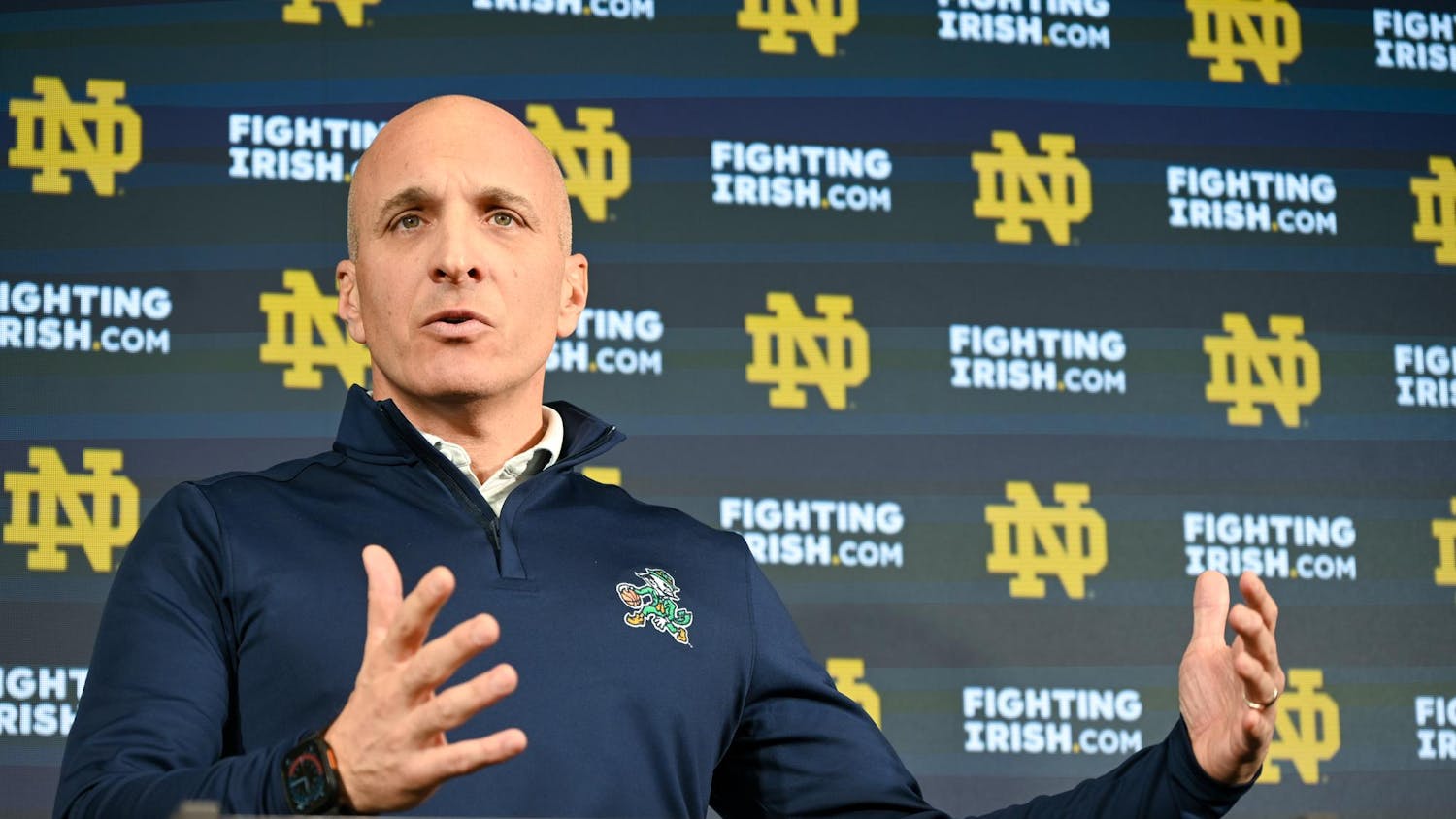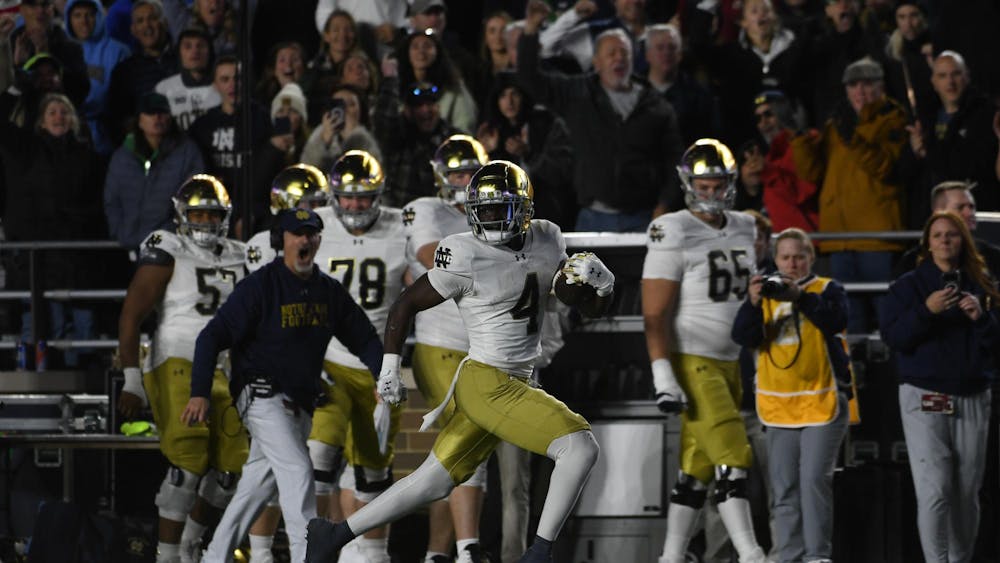Picture this: you're an employee of a company with a hostile workplace environment. Imagine the effect such a toxic community would have on your daily production. Even if there was the option for upward mobility and benefits, would you stay at this company, accepting their cruel and unusual tactics? What are your options — quit, take legal action or endure the persecution?
Although this work environment might seem hard to imagine, it happens daily around the country. And not in secret, out of sight and mind of sane individuals. It happens after school, on college campuses and even on national television.
The setting? Sports. The perpetrators being the very people we celebrate in the instance of a team’s success: coaches.
Athletes of all ages and levels are subject to verbal, emotional and even physical abuse by supposed professionals entrusted with the all-around well-being of their players.
We’ve all heard the stories. Former Rutgers Men’s Basketball coach Mike Rice, both psychologically and physically abusive to the players on his team, was terminated after three years of throwing basketballs at players during practice. Video evidence has shown him shoving guys on his team and regularly using abusive language on the sidelines. Bobby Knight of the Indiana Hoosiers, famous for his chair throwing and throat grabbing tactics, has been accused by former players of doing much worse. And let’s not forget Utah’s Greg “banned for life” Winslow — suspended from ever coaching again due to inhumane treatment of athletes at swim practices.
Compared to psychological and emotional abuse, physical abuse is not only easier to recognize, it is legally more straightforward manner. However, when a coach is just a plain-old bully, what is there to be done? Baiting and degrading are still violent actions with harmful, long-term consequences. Should cursing and name calling be considered with the same severity? Or do we draw a line, eliminating targeted slurs and personalized attacks as acceptable? But s*** and f***, well they’re okay.
The I’ll-make-a-man-out-of-you mindset has a way of turning men into monsters. Do a simple Google Images search of “angry coaches”.
Coaches are exempt from America’s societal intolerance of bullies, causing players to often feel that their coach's actions are normal, which they wouldn’t be in any other setting — social or professional.
Sticks and stones, man. The old adage is often used to teach that it is best to let hurtful words hold no power over you. However, I’m sure many of us can recall that day in middle school when the teacher took an unopened tube of toothpaste and proceeded to squeeze it until it became a plate full of white-and-blue goo on a table at the front of the classroom, following up with a challenge to students to return the toothpaste to the tube. Eager hands shot up from their desks, and each one returned to their seat sticky and unsuccessful. The moral of the story being that you cannot take your words back.
A recent study claimed physical pain and social shame activate the same region of the brain. Yelling does not actually accomplish anything beyond eliciting emotions of shame and fostering a negativity. Does it heighten intensity? Yes. Does it put people on edge? Yes. Is it an effective tool of clear communication? DEFINITELY NOT.
A coach is a teacher, and a teacher’s main priority should be to facilitate learning. Successful learning rarely ever happens in an agitated environment. An improved performance by a player stems from learning from mistakes which requires proper understanding — not by shaming them for any minute mess up.
Rather than treating athletes like the people they are, some coaches see them as simply win-generating, money-making machines.
Fortunately, many coaches do practice positive reinforcement among their players — limiting negativity, augmenting productivity. And don’t get me wrong, I do not wish to see sports revert to the elementary-aged, everyone-is-a-winner mode of play. However, there is an epidemic of dehumanization on the road to glorification taken by hopeful athletes that needs to be addressed.
So coaches, if you want to grab your players’ attention, or the attention of the media and their replay cameras, go ahead and yell. But if you want to produce resilient players? Simple. Treat them like human beings.
Read More
Trending








